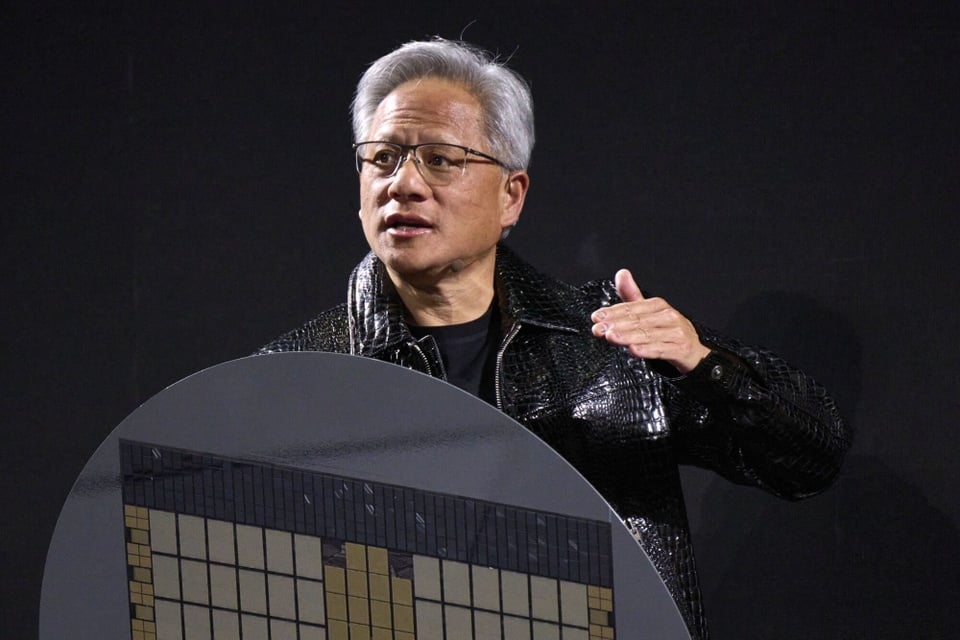 |
Jensen Huang, CEO of Nvidia. Photo: Bloomberg . |
The Trump administration has sent markets into a tailspin again by increasing restrictions on chip exports, in what analysts say is the latest move by the White House to curb China’s AI ambitions.
In fact, the Trump administration has been talking about tightening chip exports for months. The latest move is aimed at preventing billions of dollars worth of chips from Nvidia and AMD from being imported into China.
Harsh business environment
According to WSJ , part of the reason the US tightened restrictions came from the success of startup DeepSeek, when it launched a powerful AI model with less computing power.
For Nvidia, the move only affects a small portion of its operations, but still “stuns” any efforts the company has made to do business smoothly in China.
Nvidia and AMD shares fell about 7% on April 15. The stock market fell sharply after news that the tariff exemption for the chip industry would not last.
Nvidia CEO Jensen Huang is still persistent in pursuing the Chinese market. On April 17, Chinese media reported that Huang traveled to Beijing to meet with Chinese officials, affirming that this is an important market for Nvidia.
The new US restrictions target Nvidia H20 chips and AMD's MI308 series. According to WSJ , the battle for AI dominance between the US and China is somewhat similar to the current trade war, with both toughness and unpredictability from the US.
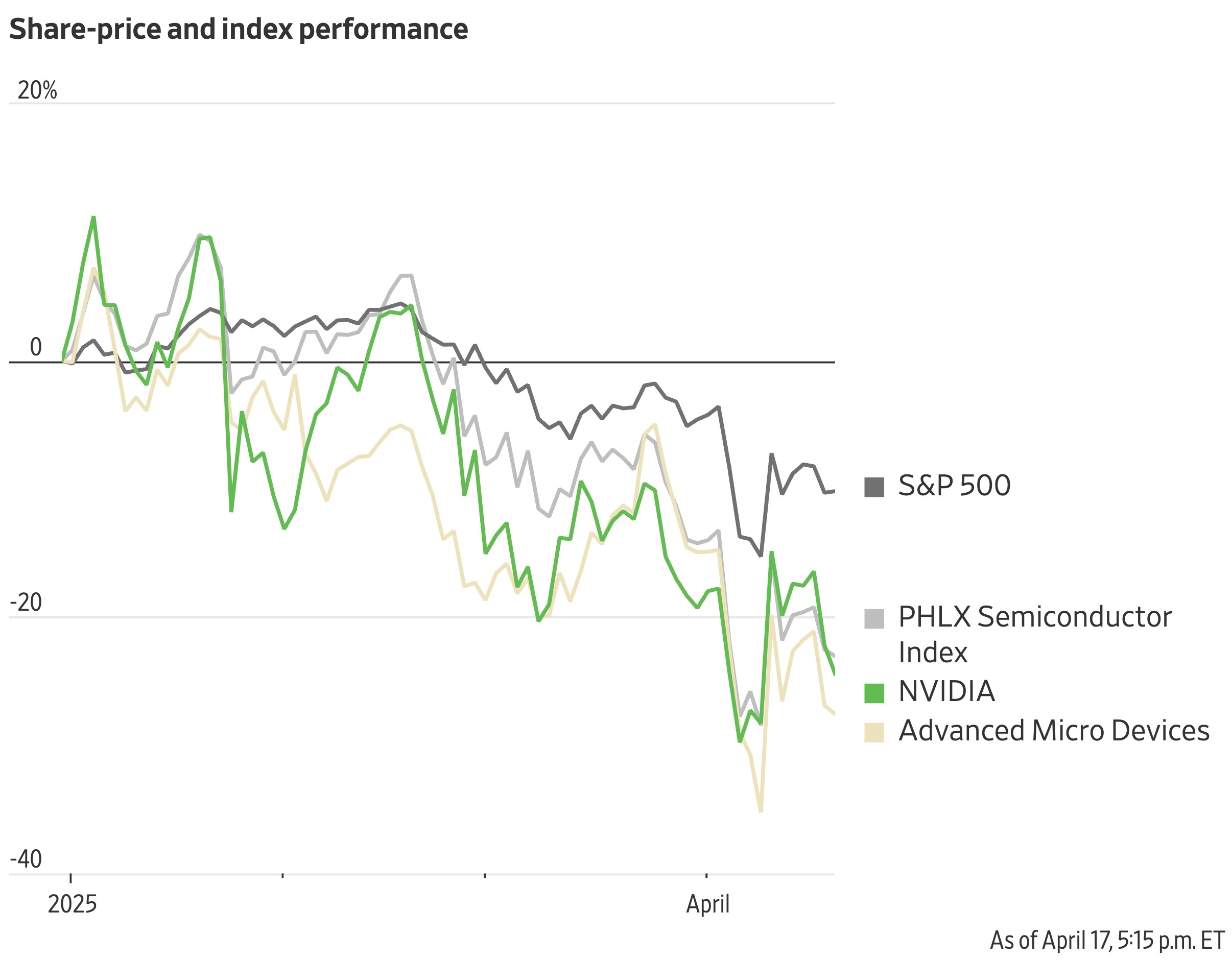 |
Stock price declines of some semiconductor companies since early 2025. Photo: WSJ . |
Specifically, Mr. Trump announced a 145% reciprocal tax on Chinese goods last week. After that, many items were exempted from the tax, such as processing chips, smartphones and electronic products. On April 9, the US government announced that Nvidia would have to comply with the new restrictive policy.
On April 14, Nvidia announced plans to build an AI supercomputer in Texas. The next day, the company said it would record a maximum loss of $5.5 billion due to the impact of the new restrictions.
“Even if you think you are following the law and can sacrifice some benefits, the law can change tomorrow and you will become a victim…
“This is a tough environment for companies that want to spend billions of dollars on projects that last 30 years,” said Scott Lincicome, vice president for economics and trade policy at the Cato Institute.
The Trump administration believes that the current AI trend involves inference, which allows AI models to be applied to real-world situations. Nvidia H20 is an effective chip for this job.
Recently, several US officials, including the National Security Council, met with Huang to discuss H20 and Nvidia's global supply chain.
"Stop using American tools"
Nvidia has publicly said that chip sales in China provide the revenue that helps the company maintain its leadership in AI. The company has also quietly opposed the new restrictions, arguing that China can produce some of its own H20-equivalent chips.
In the fiscal year that ended in January, analysts say Nvidia sold about $12 billion worth of H20 chips, accounting for 70% of the company's revenue in China.
Access to China’s H20 chip has been on the previous administration’s radar. Discussions continued under Trump, and became more urgent earlier this year after startup DeepSeek surprised everyone with its low-cost, high-performance AI model.
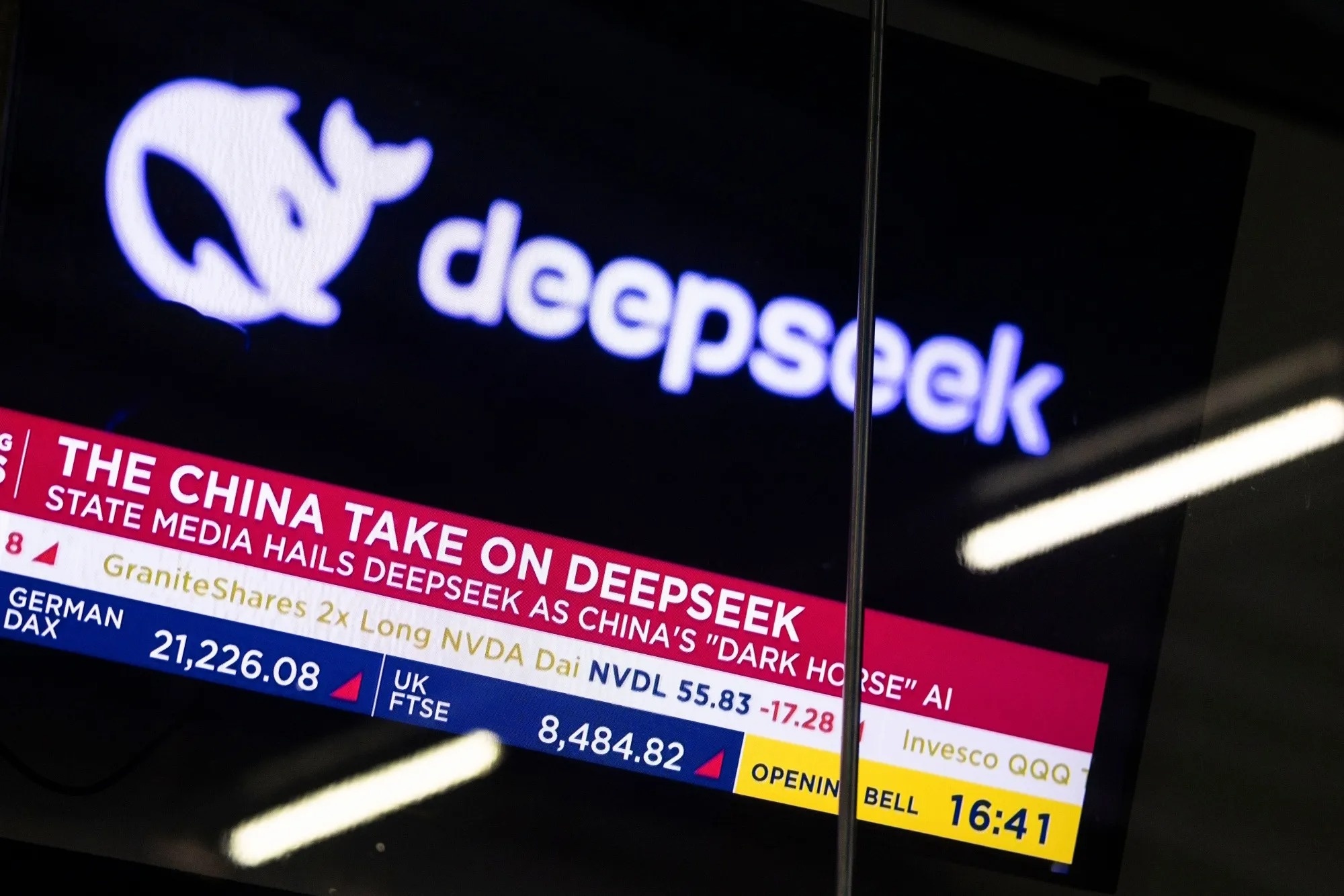 |
Startup DeepSeek made waves in the tech world in January. Photo: Bloomberg . |
The emergence of DeepSeek has boosted the development and application of AI models in China, increasing demand for Nvidia H20 and other chips.
At a nomination hearing in January, US Commerce Secretary Howard Lutnick asserted that Nvidia chips contributed to DeepSeek's development, and that such moves from the US side need to stop.
“If they want to compete with us, let them compete, but stop using our tools to compete. I will be very tough on that,” Lutnick stressed.
Increased instability
According to WSJ , Chinese customers bought chips in the first three months of the year in anticipation of the US issuing a new ban.
Specifically, Nvidia received a total of $18 billion in orders for servers and modules equipped with H20. This figure is higher than the company's total revenue in China in the previous fiscal year. Nvidia's major customers are mainly cloud computing businesses such as Alibaba, Tencent and ByteDance.
If the US does not apply the exemption, the move will cut off vital resources to Chinese companies and researchers, while increasing the need to buy replacement equipment domestically.
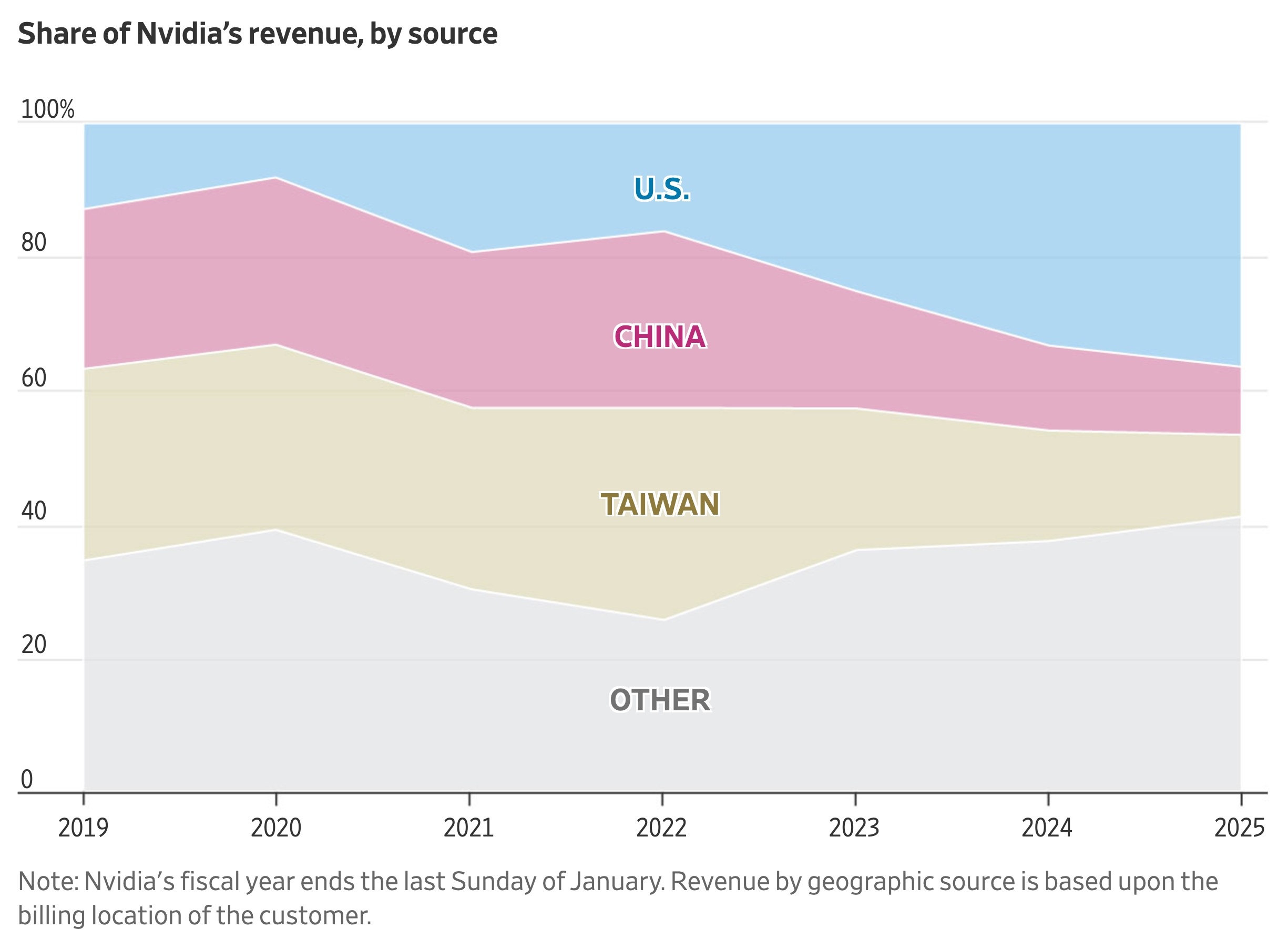 |
Nvidia's revenue contribution by region. Photo: WSJ . |
Initially, Chinese cloud companies planned to use the H20 chip for 50% of their AI accelerator needs, but analysts from Citigroup said they are more likely to switch to Huawei and Cambricon chips.
According to WSJ , China has promoted the development of its domestic semiconductor industry, independent of US technology, and encouraged the use of domestic products.
Nvidia could record an expense loss of about $5.5 billion in the first quarter of 2025 (ending April), while AMD could suffer a maximum loss of $800 million .
ASML, which makes the world’s most advanced chipmaking machines, also saw its shares fall after reporting lower orders for the quarter. The Dutch company warned that tariffs were adding to uncertainty.
Source: https://znews.vn/nvidia-va-lay-tu-tham-vong-cua-my-post1546815.html


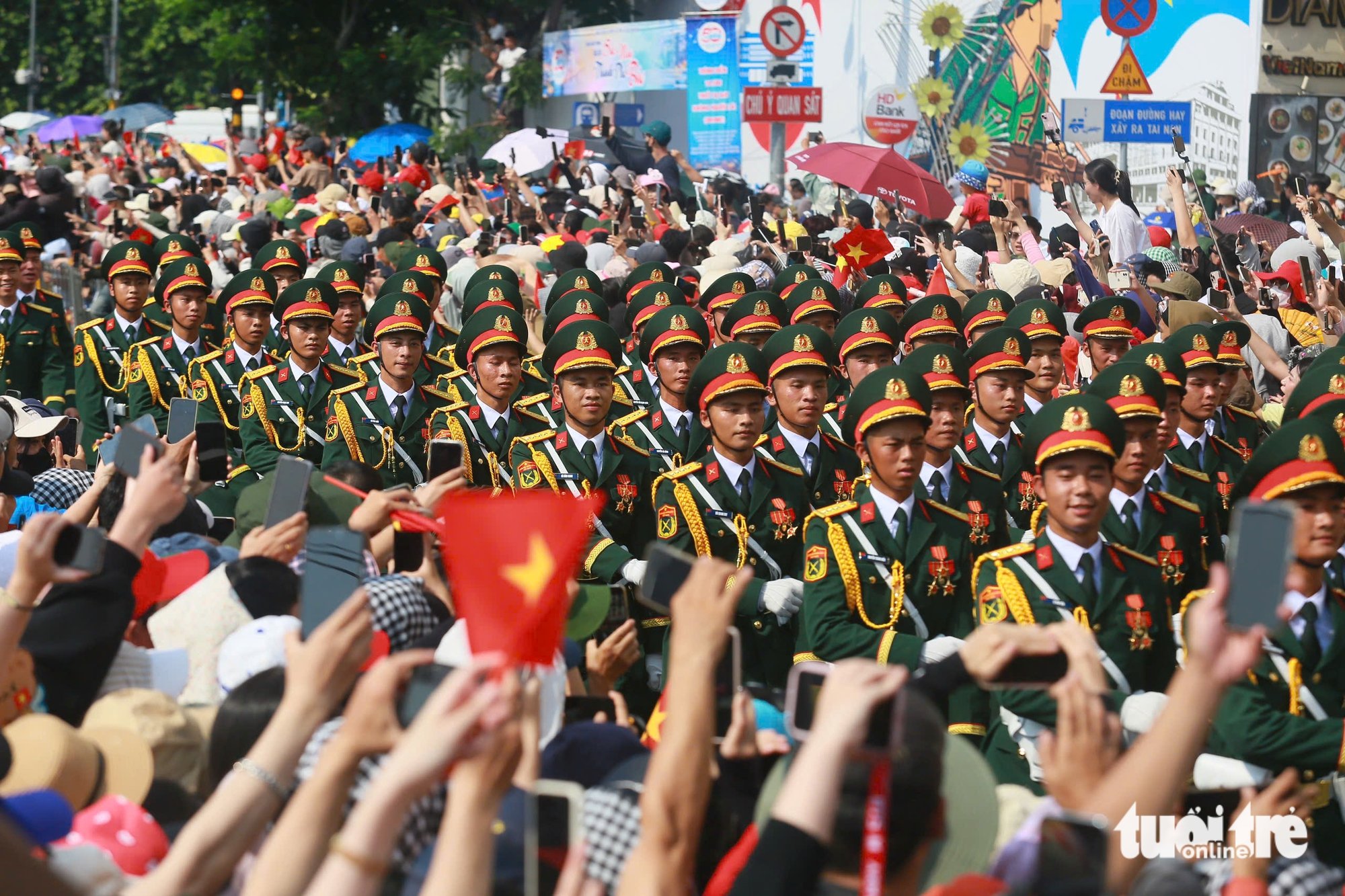
![[Photo] Chinese, Lao, and Cambodian troops participate in the parade to celebrate the 50th anniversary of the Liberation of the South and National Reunification Day](https://vstatic.vietnam.vn/vietnam/resource/IMAGE/2025/4/30/30d2204b414549cfb5dc784544a72dee)


![[Photo] The parade took to the streets, walking among the arms of tens of thousands of people.](https://vstatic.vietnam.vn/vietnam/resource/IMAGE/2025/4/30/180ec64521094c87bdb5a983ff1a30a4)
![[Photo] Cultural, sports and media bloc at the 50th Anniversary of Southern Liberation and National Reunification Day](https://vstatic.vietnam.vn/vietnam/resource/IMAGE/2025/4/30/8a22f876e8d24890be2ae3d88c9b201c)
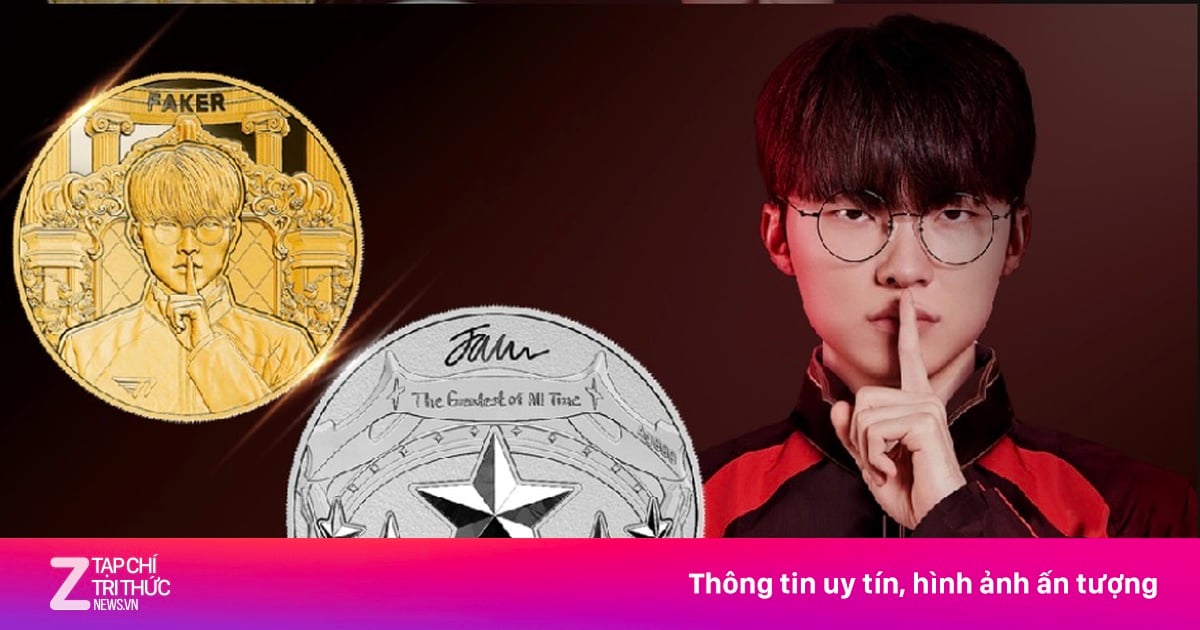
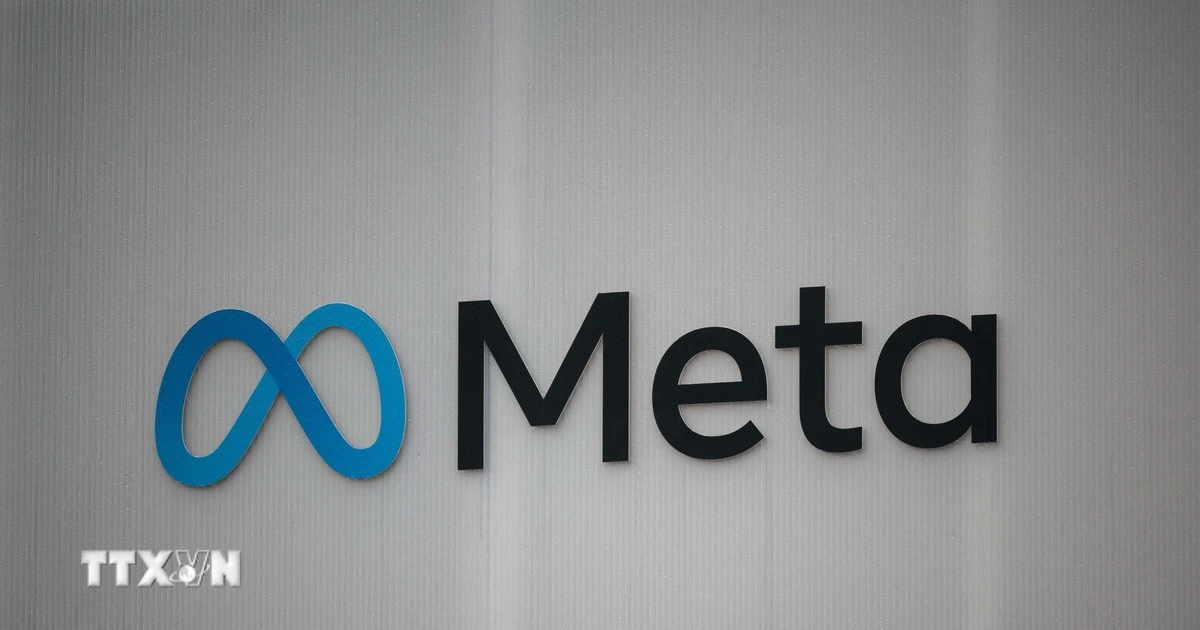
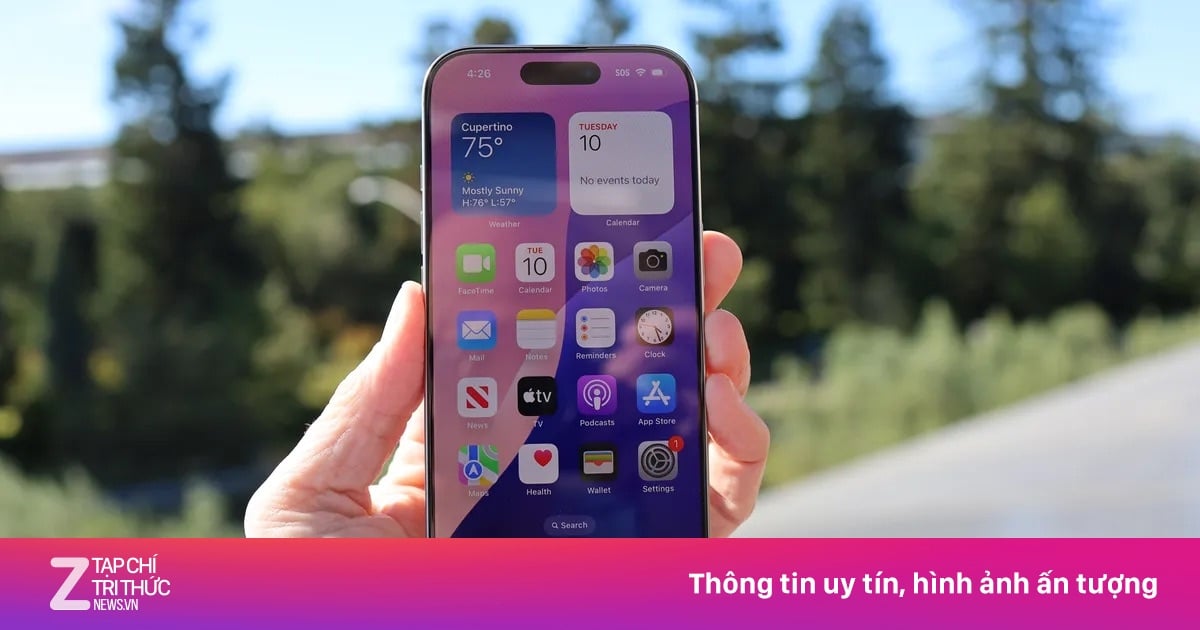
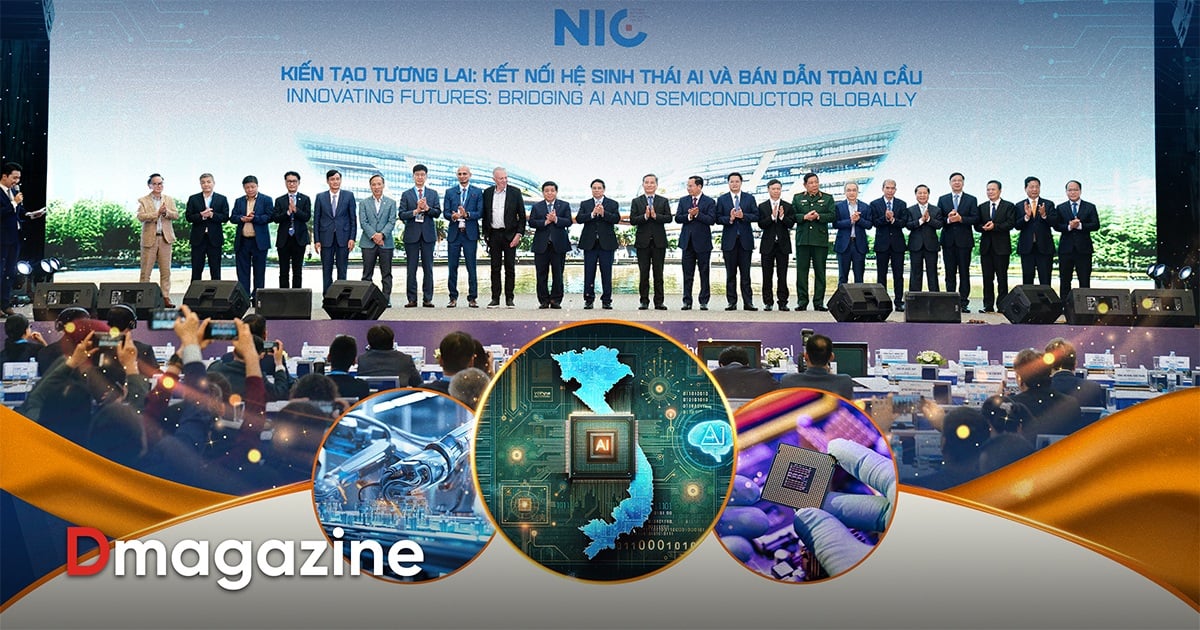

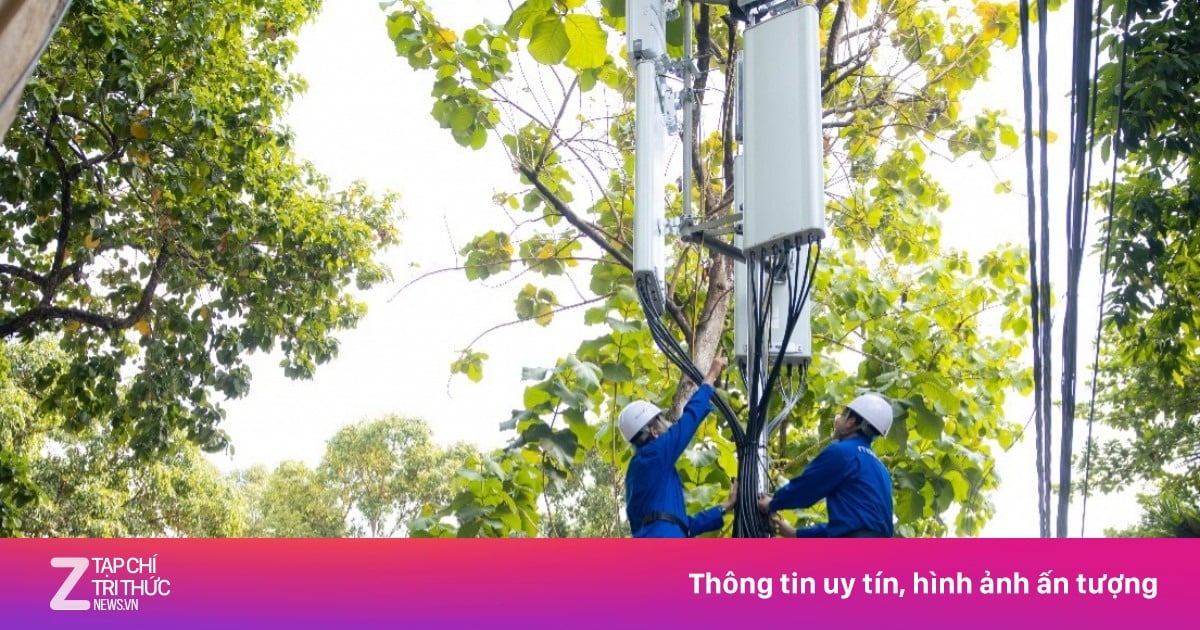




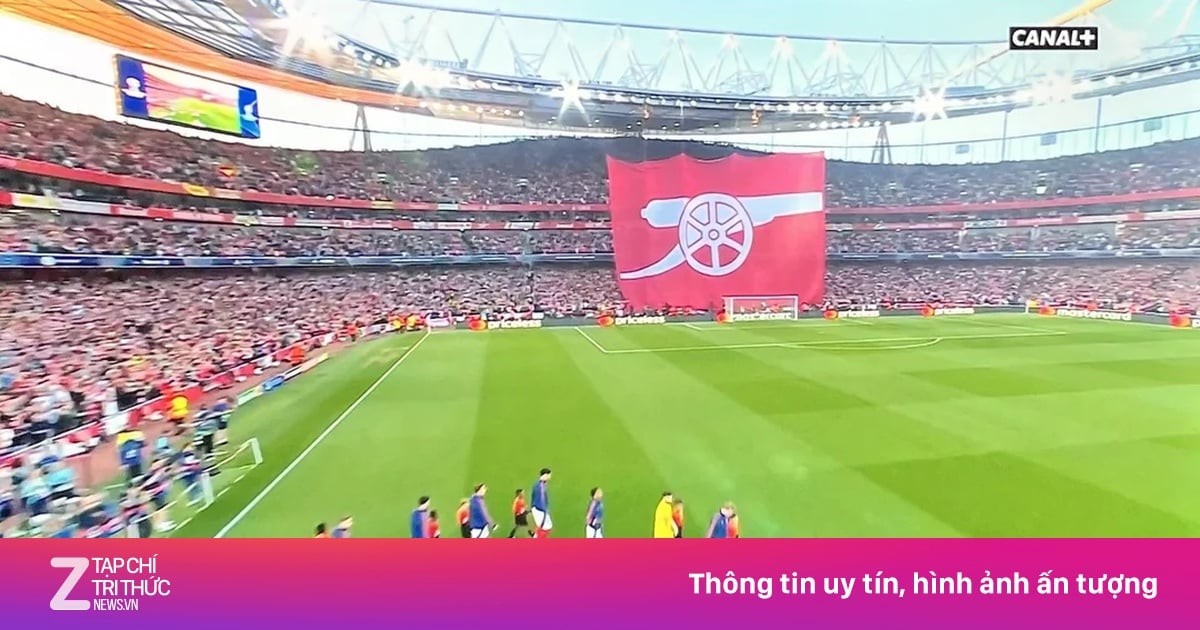



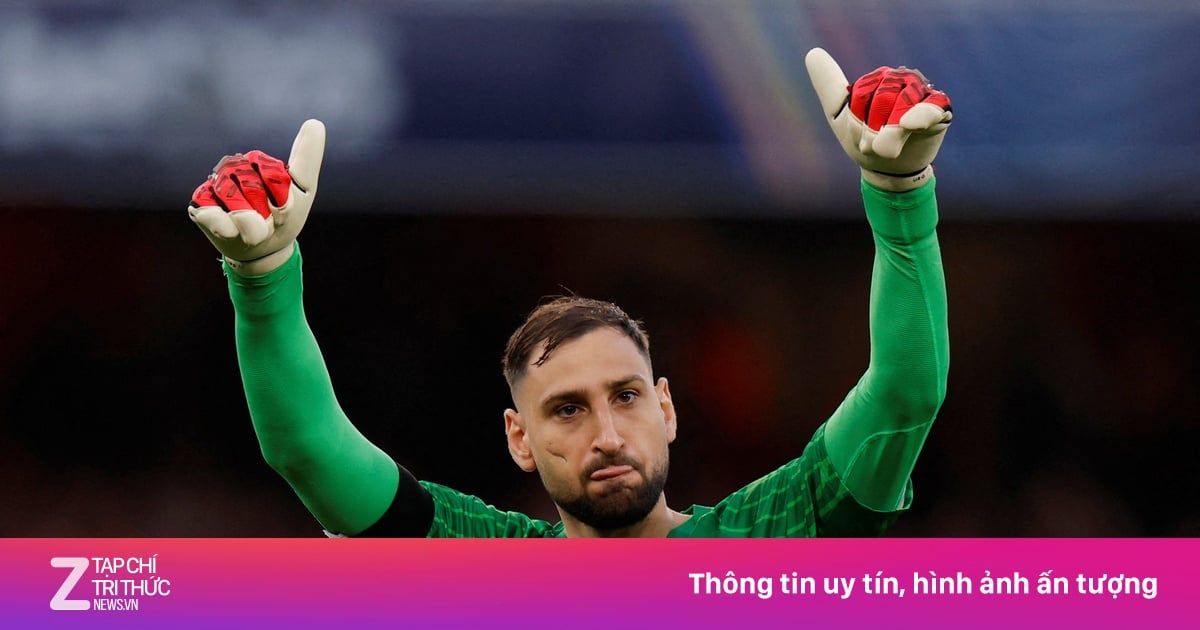
![[Photo] Performance of the Air Force Squadron at the 50th Anniversary of the Liberation of the South and National Reunification Day](https://vstatic.vietnam.vn/vietnam/resource/IMAGE/2025/4/30/cb781ed625fc4774bb82982d31bead1e)













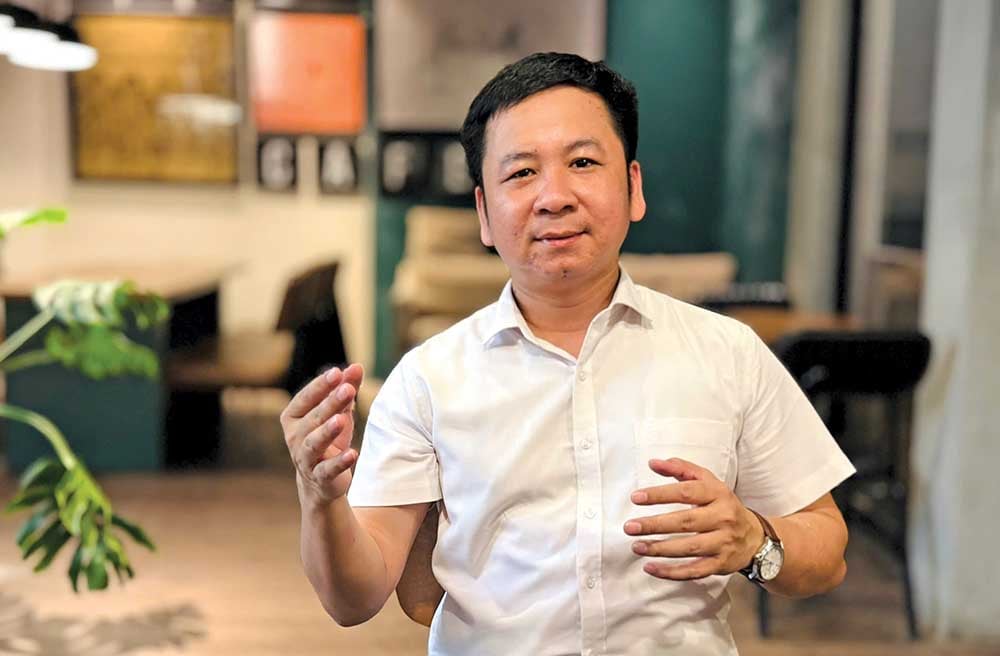

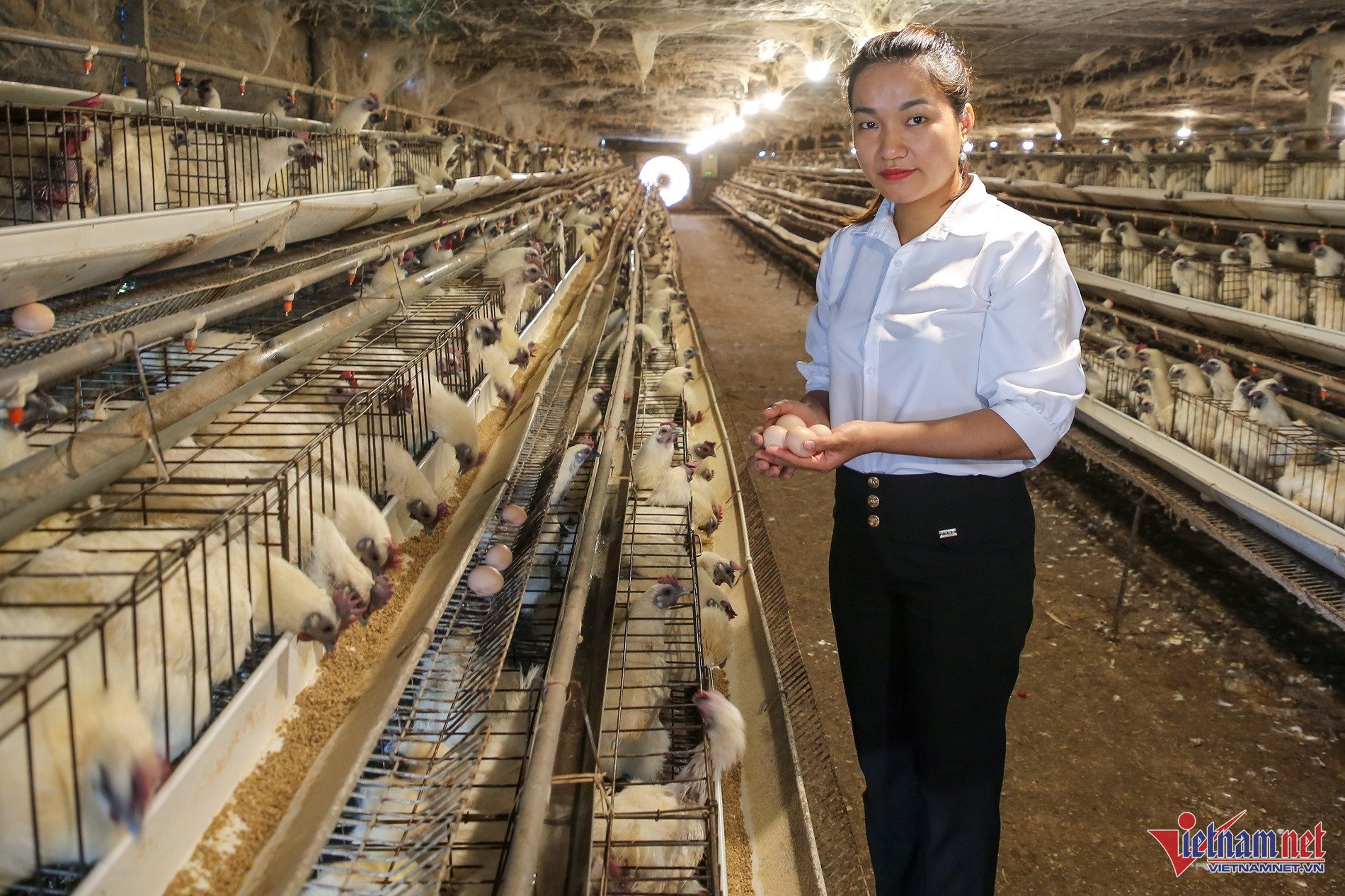



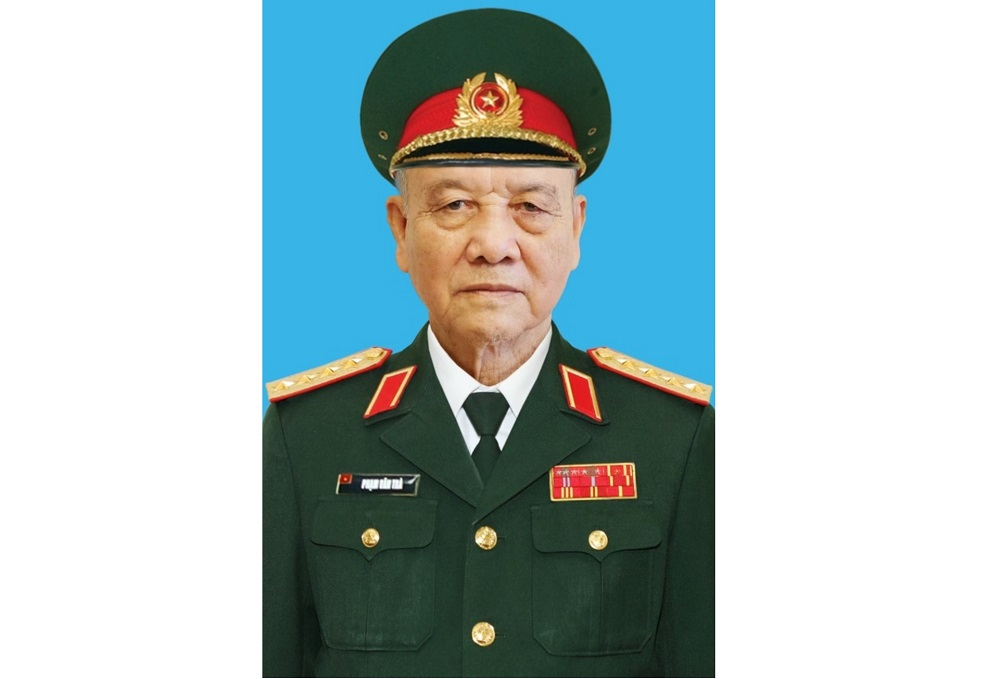











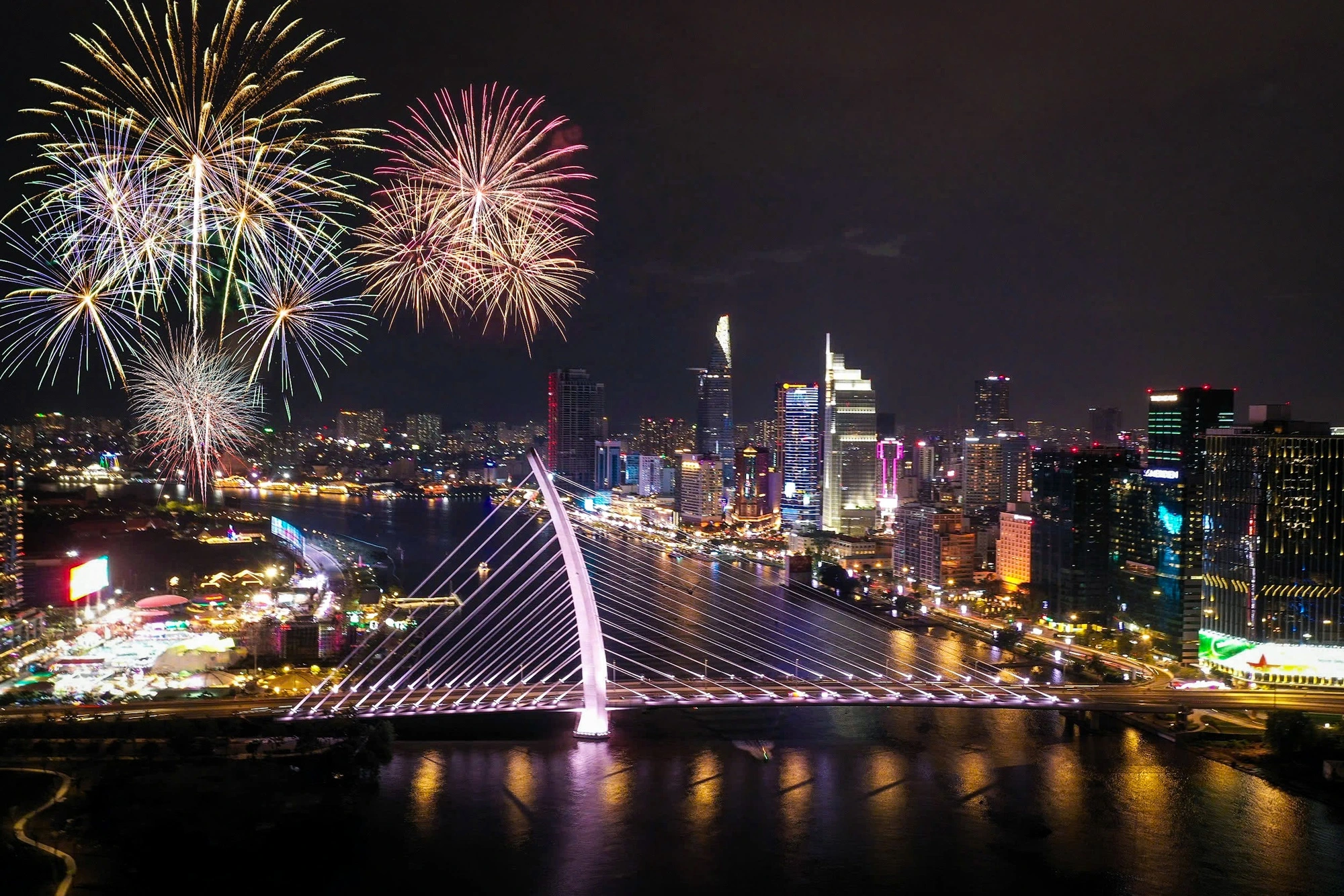
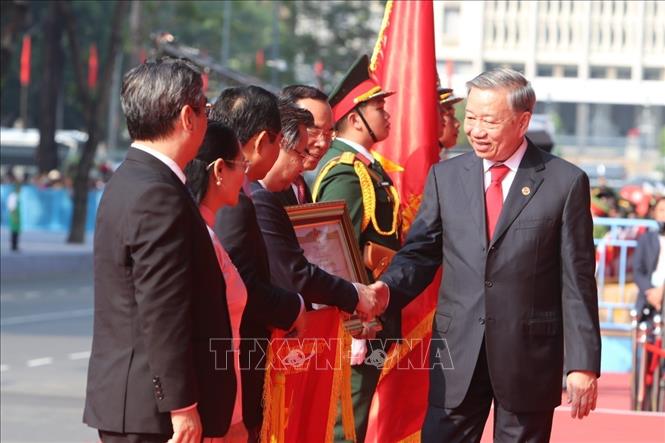







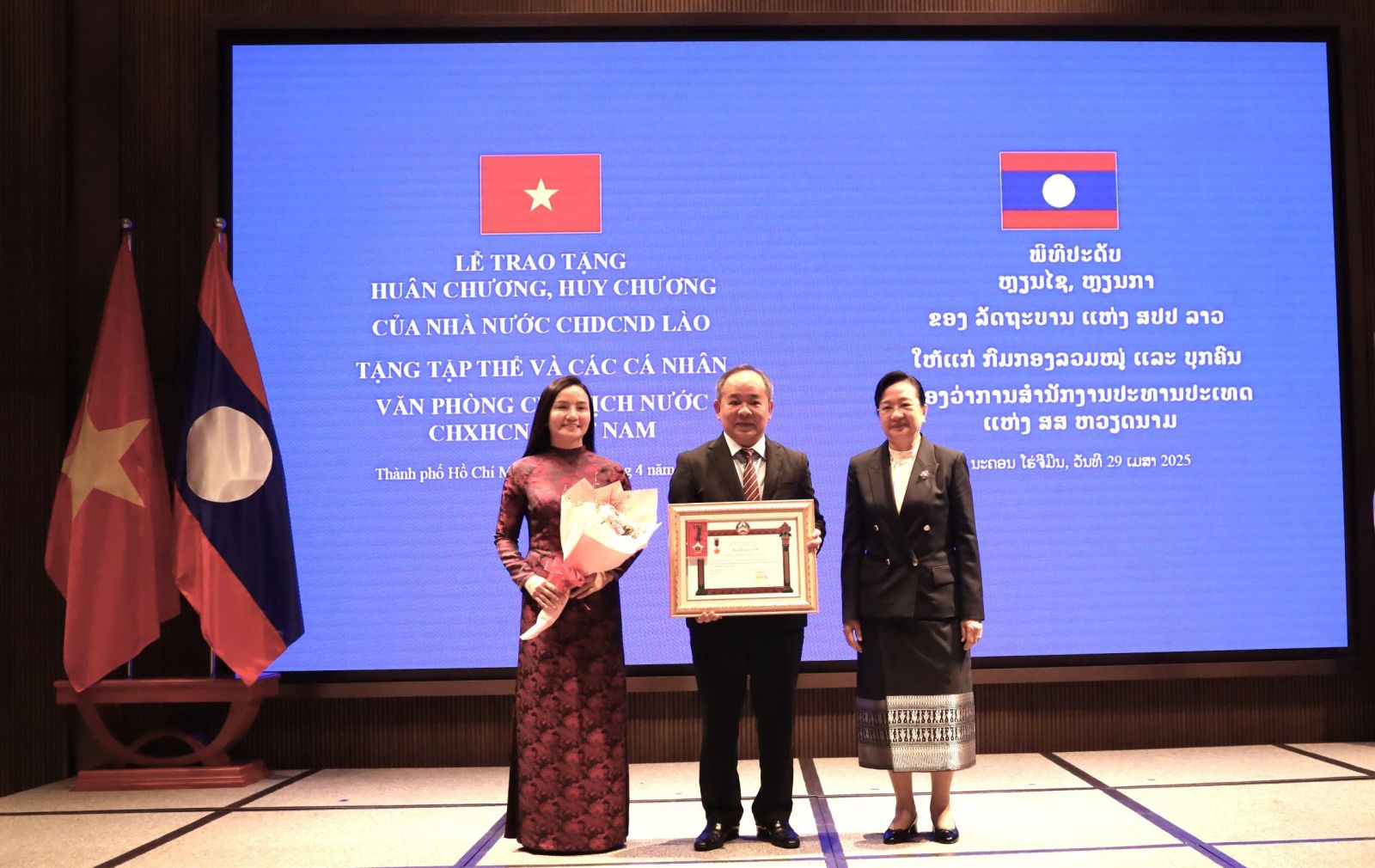



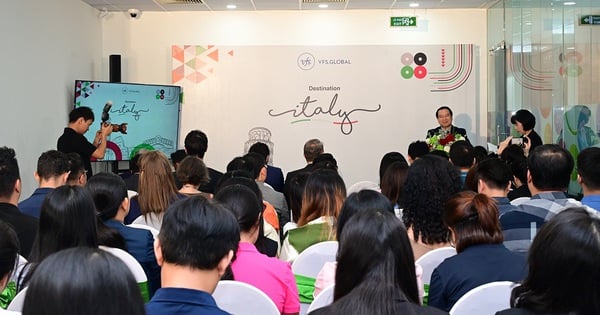
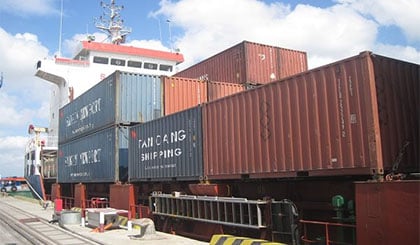

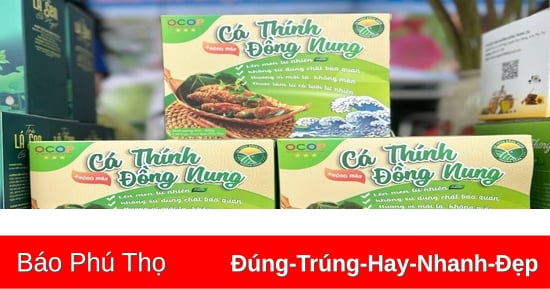

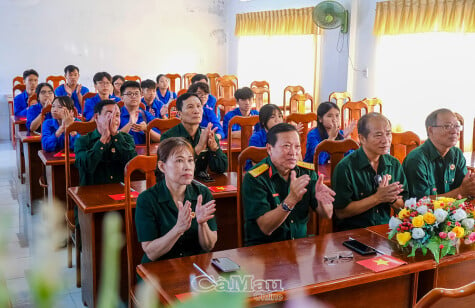



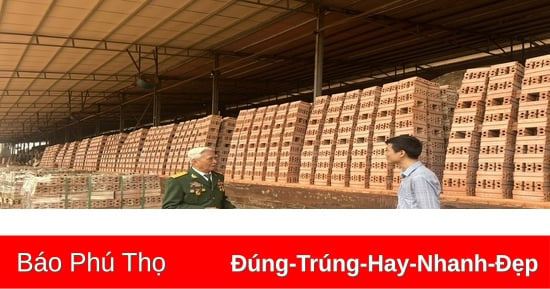
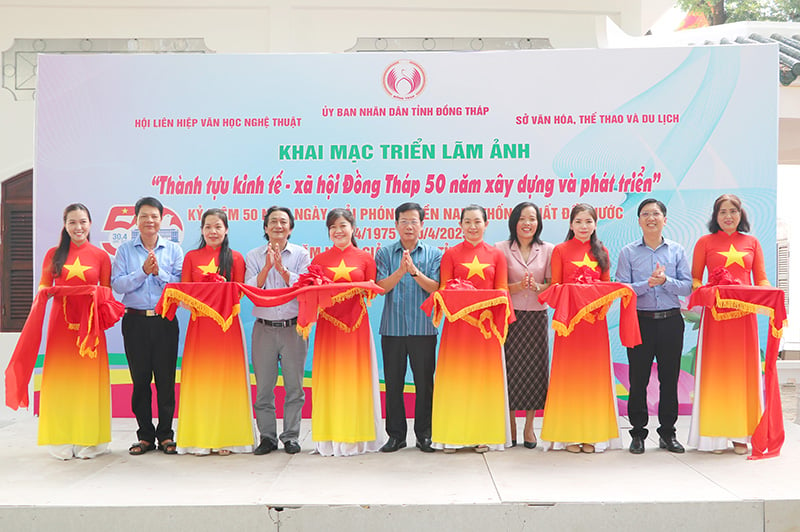








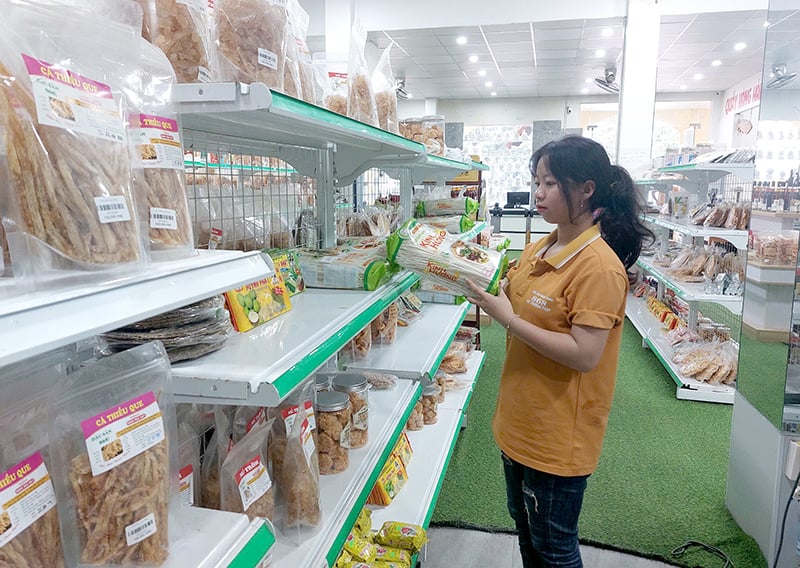

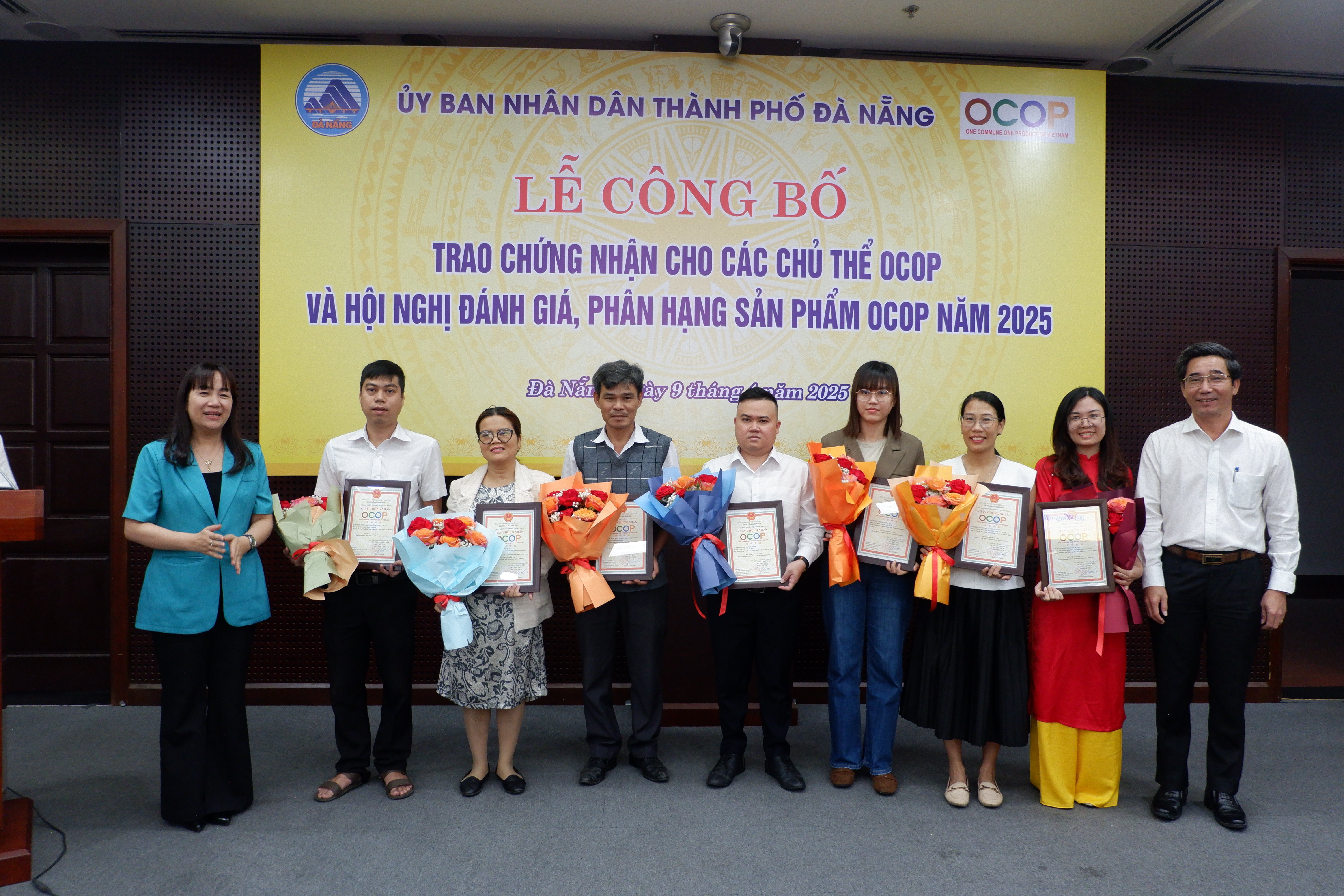

Comment (0)